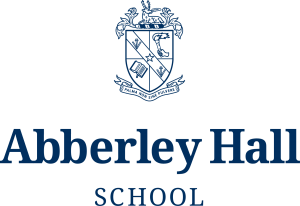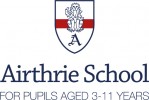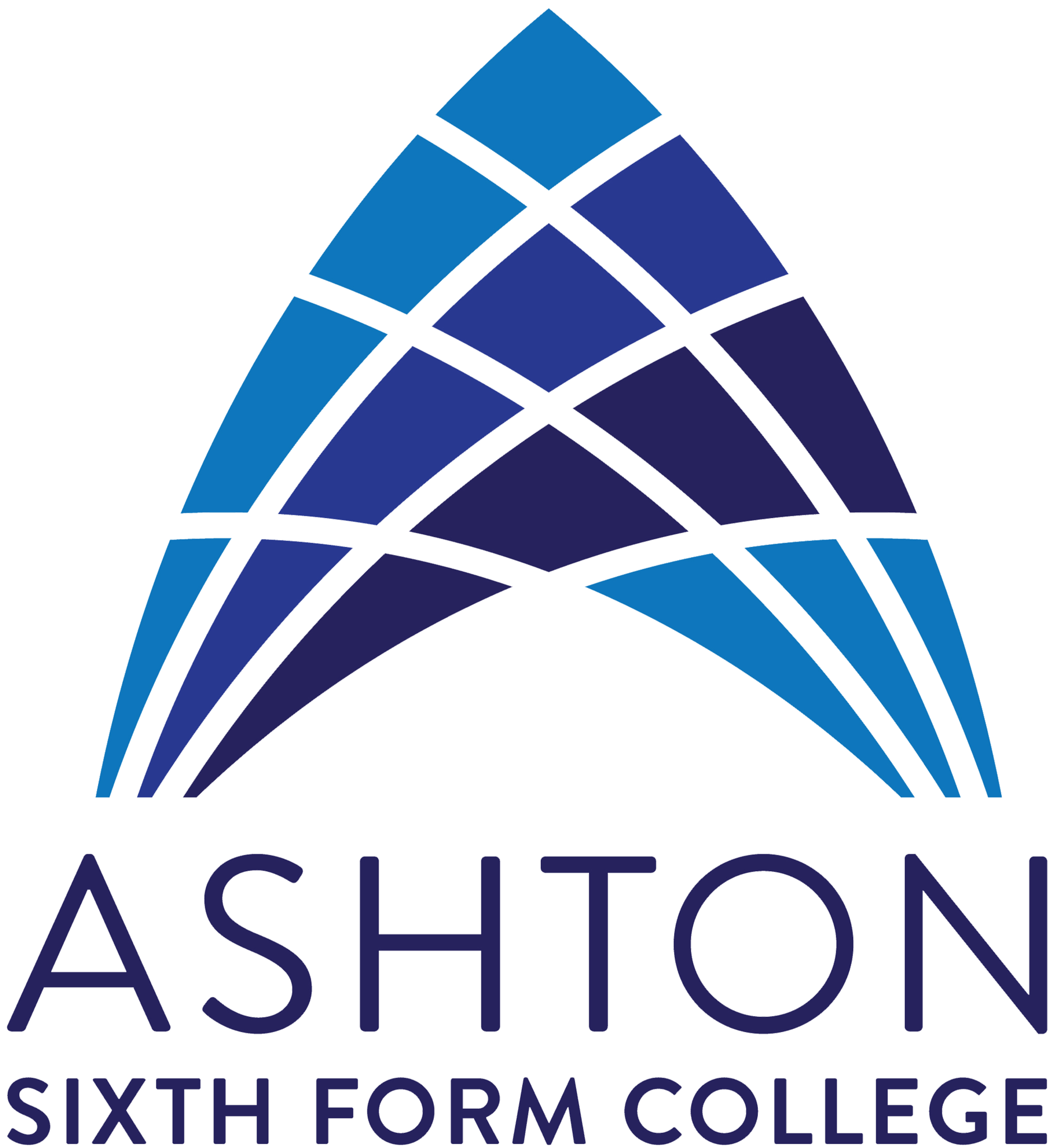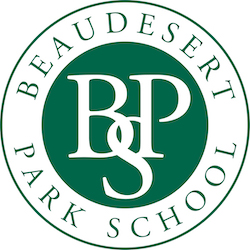What is the mental impact of the 11+ on children?
Does the 11+ have a good or bad impact on the children that take it?
Passing the 11+ can have a very positive effect on children. It is probably the first major exam that they will take in their lives. Achieving something so huge at such a young age can give children a major confidence boost.
Conversely, not passing the 11+ can have quite a striking detrimental effect on children, which can be seen even years later. Often, when reading a news article discussing the 11+, you will see writers saying ‘depite not passing the 11+’. This shows how badly it can upset a person way into their later life. A lot of people do get past this and go on to enjoy their KS3 and KS4 education wherever they go, but failing the 11+ might make the child feel like they are inferior in comparison to their peers.
It is important to consider that if a child is pushed to work too hard, they might become disinterested in their education. Parents know their children better than anyone, and you will be able to see when something is becoming too much for them and they need to take a break. Much like when pupils are preparing for GCSE exams or A Level exams later in life, it is important that they take regular breaks and are shown praise to help them to stay encouraged.
Tutors can also have an impact on how pupils behave at school. They can have a very good effect on pupil’s achievement, but conversely, might have an impact on how well the pupil chooses to work in school. This will not be the same for every child. Some children will continue working as normal at school and will not change their behaviour in any way; some pupils on the other hand may prioritise work their tutor has set them over the work that is set for them by their teachers. If this happens, we recommend that the pupil stops seeing the tutor until the problem is resolved, or speaking to the child’s school teacher.























